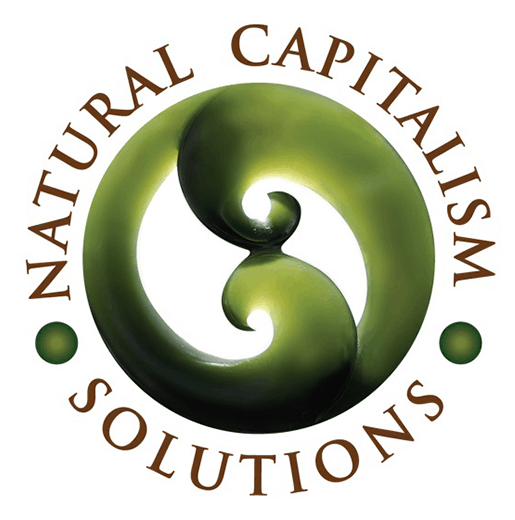
Huffington Post
L. Hunter Lovins
August 2017
The first in a series in which I will chat with change-agent professors delivering sustainability expertise.
In the early 1990s, Professor Mike Russo suggested that there was a broader context for our work helping companies profit by using resources more efficiently. There is, he stated, a business case for sustainability.
This sounds self-evident today, but back then it was heresy. It flew in the face of the widespread belief spread by Milton Friedman, and the other neoliberal economists that greed is good; the only social responsibility of business was to increase profits and deliver value to owners.
Then, books like Paul Hawken’s Ecology of Commerce, John Elkington’s Cannnibal’s with Forks and our book, Natural Capitalism showed that businesses will profit from implementing more sustainable practices.
Industrialist Ray Anderson and his company Interface showed that every effort to cut waste, to redesign how products are made and delivered using biomimicry and the circular economy, and to manage in ways that regenerate human and natural capitalINCREASE shareholder value.
In the late 90s, Dr. Richard Grey, founder of World College West, asked me if I thought it would be a good idea to create a business school based on the emerging discipline of sustainable management to counter this attitude. I did, and in 2002 we built the first accredited MBA in which the principles of sustainable management were baked into every class.
A few years on, Dr. Eban Goodstein asked me to recreate PoSuM (Principles of Sustainable Management) at Bard MBA. In classes held a block off Wall St in New York City, the Bard MBA curriculum is co-created by the faculty to deliver the expertise in social and environmental sustainability that is critical to manage successful organizations today. The world in which business (and all other institutions) operates faces such existential threats as global warming, loss of major ecosystems, extreme inequality, political instability, and resource constraints. Unless countered, these could drive total system collapse.
This is not the talk of radical environmentalists. It is not about polar bears: It is better business. Unilever, the consumer goods giant, is prospering because they have made a commitment to doing business for more than profit. Their purpose-driven brands drove 60% of the company’s 2016 growth, and are growing 50% faster than the rest of the company.
Conversely, Uber’s CEO lost his job because he disrespected employees. Volkswagen anticipates $18 billion in losses from its decision to cheat emissions standards. Exxon may go broke as the renewable revolution destroys its business model.

Leave a Reply